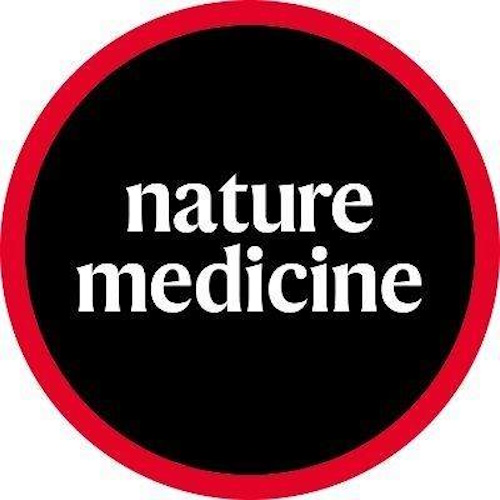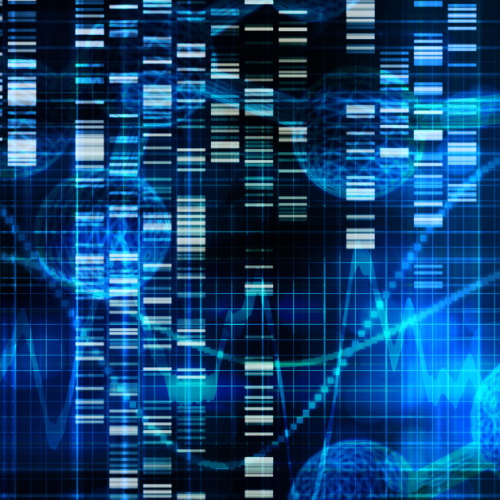Key points from article :
The vision of a completely blind man has been partially restored using light-sensing proteins first found in algae.
The man was treated with a type of therapy called optogenetics.
It is based on algae proteins, called channelrhodopsins, which change their behaviour in response to light.
Genetic instructions for making rhodopsins were taken from algae and given to cells in the deep surviving layers of retina.
When they were hit with light they would send an electrical signal to the brain.
It took months for enough levels of rhodopsins to build up in the eye and for the brain to learn a new language to be able to see again.
The difference between no vision and even limited vision can be life-changing.
Optogenetics is being researched in Parkinson's disease and to enhance recovery from a stroke.
"This new technology might help people whose eyesight is very severely impaired," - James Bainbridge, professor at the UK's UCL.
Study by the Vision Institute and University of Basel published in Nature reports.






